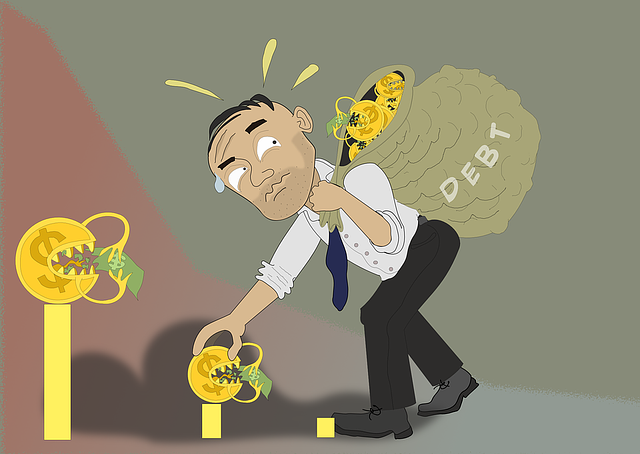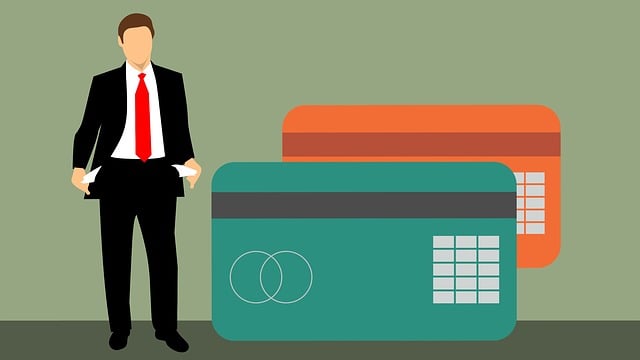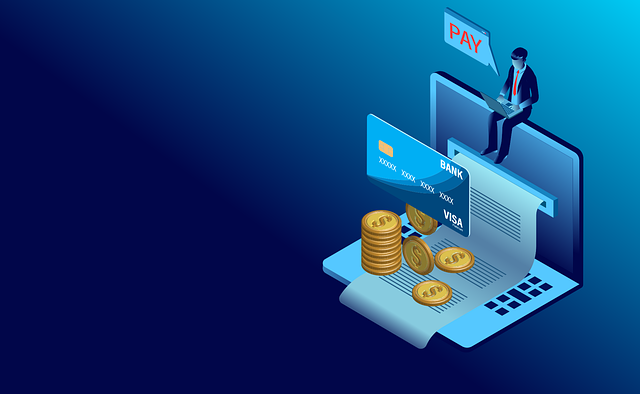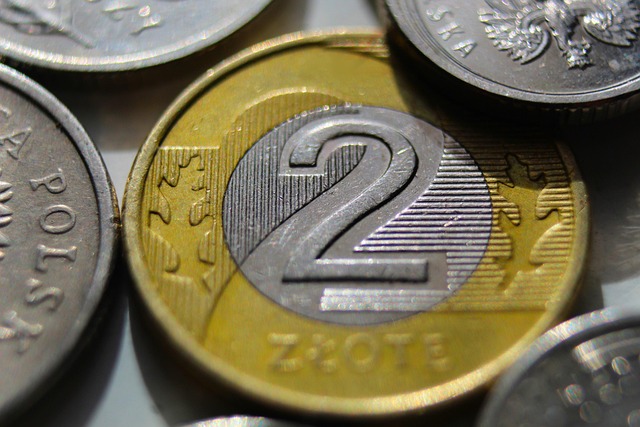Unsecured debt consolidation loans simplify managing high-interest debts by combining them into one lower-rate loan, saving money and reducing stress. Individuals with bad credit can apply but may need to improve their score first. To secure the best rates, compare lenders, maintain good credit, and ensure transparent terms. After approval, create a strict budget prioritizing loan repayment while avoiding unnecessary borrowing.
Struggling with high-interest debt? Consider unsecured debt consolidation loans as a solution. This article guides you through understanding, qualifying, and effectively using these loans to simplify repayment. Learn about the advantages they offer in managing multiple debts with higher rates. We’ll walk you through the steps to secure a loan and provide strategies for successful post-consolidation repayment. Take control of your finances with informed decisions.
- Understanding Unsecured Debt Consolidation Loans
- Advantages of Using Consolidation for High-Interest Debt
- How to Qualify for an Unsecured Debt Consolidation Loan
- Steps to Secure and Use Your Consolidation Loan Effectively
- Strategies for Repaying Your Loan After Consolidation
Understanding Unsecured Debt Consolidation Loans

Unsecured Debt Consolidation Loans offer a strategic approach to managing high-interest debts. Unlike secured loans that require collateral, these loans provide a way to consolidate multiple unsecured debts into one single loan with potentially lower interest rates. This simplification not only streamlines repayment but also stops collection calls by consolidating your debts and providing you with more financial control.
When considering an Unsecured Debt Consolidation Loan or what is an unsecured consolidation loan, individuals with bad credit can still apply. While traditional secured loans may be out of reach for those with poor credit, unsecured debt consolidation loans cater to a broader range of borrowers. This option allows individuals to focus on rebuilding their financial health while enjoying the benefits of reduced interest rates and manageable repayment terms.
Advantages of Using Consolidation for High-Interest Debt

Using unsecured debt consolidation loans to tackle high-interest debt offers several advantages that can significantly improve your financial situation. One of the primary benefits is the potential for lower interest rates, which can result in substantial savings over time. By consolidating multiple debts with varying interest rates into a single loan, you can lock in a fixed rate that’s typically lower than the average of your current rates. This simplicity not only makes repayment easier to manage but also reduces the risk of missing payments due to fluctuating rates.
Additionally, unsecured personal loans for debt relief provide borrowers with the opportunity to free themselves from the burden of multiple monthly payments. Instead of managing several loans with different due dates and terms, a consolidation loan streamlines the process, making it easier to stay on top of your repayments. This flexibility is especially beneficial when dealing with high-interest medical debts, allowing you to focus on healing and recovery without the constant financial stress. Top tips for securing an unsecured debt consolidation loan include maintaining good credit scores, comparing rates from various lenders, and ensuring transparency in terms and conditions to make an informed decision that suits your needs best.
How to Qualify for an Unsecured Debt Consolidation Loan

To qualify for an Unsecured Debt Consolidation Loan, individuals should first assess their financial situation and understand their debt burden. This involves evaluating the types and amounts of existing debts, including credit card balances, personal loans, and any other unsecured obligations. It’s crucial to calculate your total monthly payments across these debts to gauge how much you can save by consolidating.
When applying for an unsecured debt consolidation loan, prospective borrowers should expect lenders to review their credit history. While a poor credit score may not automatically disqualify you, it could result in higher interest rates or stricter terms. Exploring different lenders and comparing offers is essential, focusing on what are the pros of unsecured debt consolidation compared to credit cards: secure lower interest rates on existing debts and manageable repayment plans that fit your budget. Debt consolidation strategies for poor credit also involve considering alternative financing options or working on improving your credit score before applying for a loan.
Steps to Secure and Use Your Consolidation Loan Effectively

Securing and using your unsecured debt consolidation loan effectively involves several key steps. First, thoroughly research and compare lenders to find the best interest rates and terms tailored to your financial situation. Unsecured debt consolidation loans offer a straightforward solution by combining multiple high-interest debts into one manageable loan with a potentially lower overall interest rate. This simplifies repayment and can save you money in the long run.
Once approved for an unsecured loan, create a realistic budget that allocates funds towards repaying the consolidated debt. Prioritize making consistent and timely payments to build a strong credit history. Remember that top tips for securing an unsecured debt consolidation loan include demonstrating responsible financial behavior, maintaining a good credit score, and providing accurate financial documentation. Understanding unsecured loan limits for debt payoff is crucial—borrow only what you need to consolidate your debts effectively. Get approved for an unsecured loan by meeting the lender’s requirements, such as a stable income source and minimal outstanding debt, to unlock the benefits of this powerful debt management strategy.
Strategies for Repaying Your Loan After Consolidation

After consolidating your high-interest debt with an unsecured debt consolidation loan, the next crucial step is to develop a solid strategy for repayment. The first order of business is to create a detailed budget that outlines how much you can allocate towards your loan repayments each month. This involves evaluating your current income and expenses to identify areas where you can cut back and free up additional funds. A strict budget will help ensure that your consolidation loan gets the priority it deserves, enabling you to pay down your debt more efficiently.
It’s important to remember that while unsecured debt consolidation loans offer significant advantages like lower interest rates and no collateral requirements, they also carry risks. What are the risks of unsecured debt consolidation? Primarily, these loans often have shorter repayment periods and higher fees than secured options, so it’s crucial to understand your financial obligations and commit to a realistic repayment plan. Additionally, non-collateralized loan alternatives for debt consolidation exist, but they may not always be suitable for everyone. Therefore, carefully consider your options, weigh the pros and cons, and choose the approach that aligns best with your unique circumstances and long-term financial goals.
Unsecured debt consolidation loans offer a viable solution for managing high-interest debt. By consolidating multiple debts into one, you can simplify repayment, potentially reduce interest rates, and save money in the long term. This article has provided an overview of understanding these loans, their benefits, qualification criteria, and effective usage strategies. Remember that while consolidation is a powerful tool, responsible borrowing and a solid financial plan are essential for achieving lasting debt freedom.
